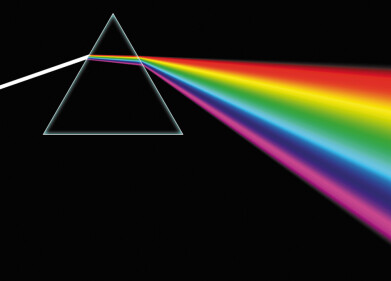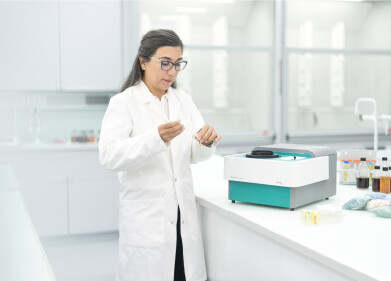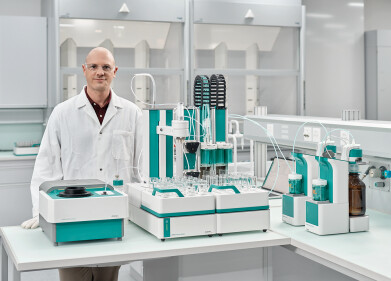Mass Spectrometry & Spectroscopy
Does Bacon Cause Cancer?
Jan 22 2019
Sizzling bacon may be one of the most enticing aromas on the planet but according to new research from the International Agency for Research on Cancer (IARC), the tasty breakfast treat could be linked to cancer. Furthermore, the agency lists ham, salami and frankfurts alongside salt-cured pork. While the study has attracted plenty of controversy, agency director Christopher Wild maintains that the research is valid and should be taken seriously.
As an intergovernmental agency associated with the World Health Organisation of the United Nations, the IARC conducts and coordinates research into all types of cancers. Findings are usually well-received, though the agency sparked global outcry when it published reports suggesting that bacon, along with other red meats and glyphosate weedkiller, can cause cancer.
IARC claims bacon science is "crystal clear"
While the UN subsidiary stands by its research, Wild admits that communication lines could have been improved regarding how the information was published, and that public announcements were mishandled. "The audience has changed. If you went back 10 to 15 years the audience for the monographs was a professional audience – regulatory agencies, scientists, policymakers of different kinds. Now there’s such an interest in cancer and its causes that there’s a general public audience,” he explains.
That said, he maintains that ultimately, a link between eating bacon and developing cancer does exist. “The science was crystal clear,” he said. “We placed quite a bit of emphasis on the dose-response, if you like – the relationship between quantities eaten and effect.”
Understanding Grade 1 carcinogens
Wild also stresses that there is widespread misunderstanding of the IARC’s classification system, which categorises tobacco, ultraviolet radiation and alcohol as Grade 1 carcinogens, alongside processed meat. While scientific evidence suggests that all substances are strong enough to potentially cause cancer, they're not necessarily equally hazardous.
For example, the agency claims that consuming 50g of processed meat a day increases the risk of developing colorectal cancer by 18%, which is low for those with a low initial risk. It also states that eating 700 grams of red meat a week can increase the risk of developing bowel cancer. In comparison, smoking significantly increases the risk of developing lung cancer.
Want to know more about the latest health and medical developments? Spotlighting the recent regulations on heavy metal testing, 'Choosing the Optimum Plasma Spectrochemistry Technique for Measuring Elemental Impurities in Pharmaceuticals' is adapted from a chapter in Robert Thomas’s new book, Measuring Elemental Impurities in Pharmaceuticals: A Practical Guide.
Digital Edition
Lab Asia 31.6 Dec 2024
December 2024
Chromatography Articles - Sustainable chromatography: Embracing software for greener methods Mass Spectrometry & Spectroscopy Articles - Solving industry challenges for phosphorus containi...
View all digital editions
Events
Jan 22 2025 Tokyo, Japan
Jan 22 2025 Birmingham, UK
Jan 25 2025 San Diego, CA, USA
Jan 27 2025 Dubai, UAE
Jan 29 2025 Tokyo, Japan



















